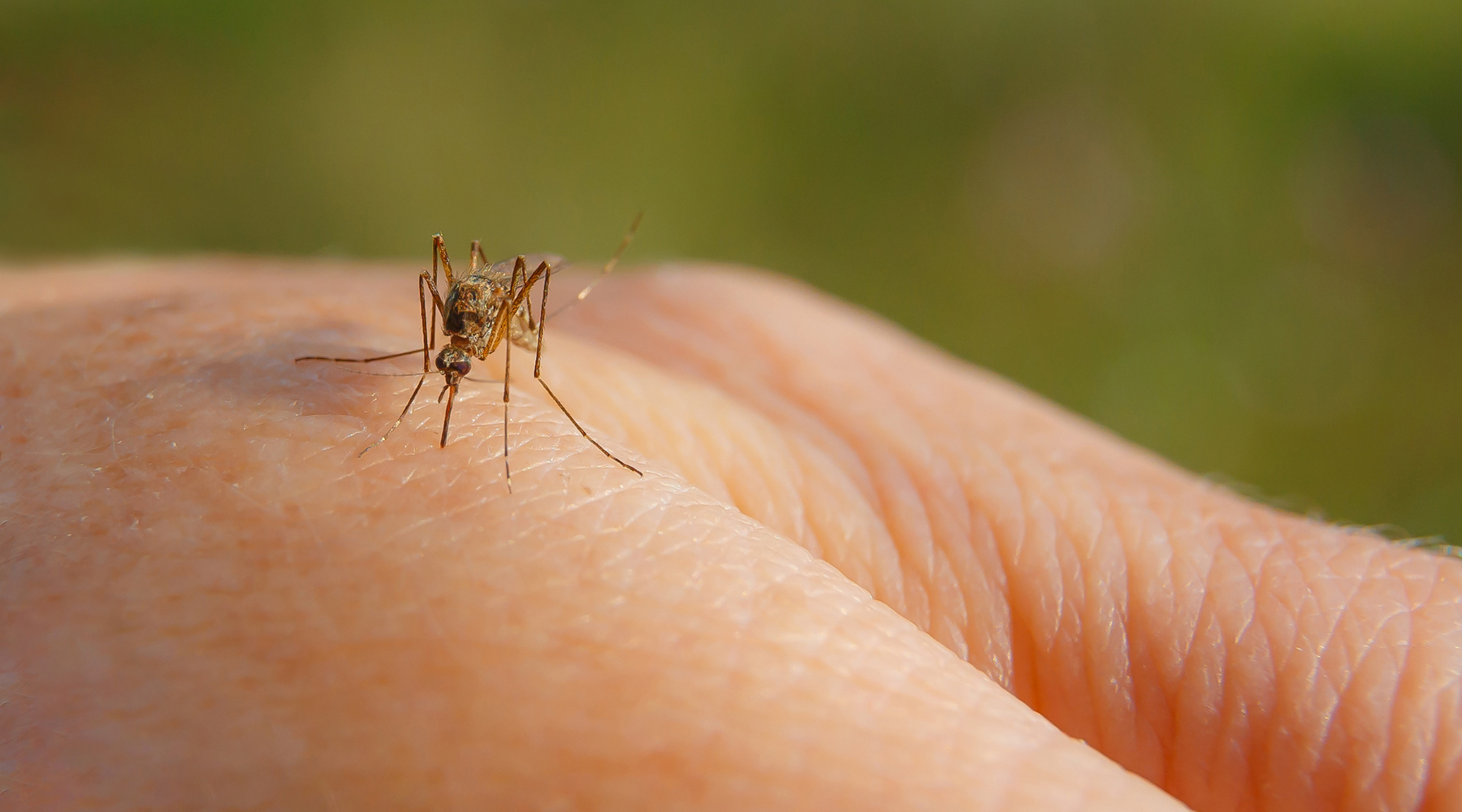Each week, OMRF Chief Medical Officer Dr. Judith James opens “Adam’s Journal” to answer a medical question from Adam Cohen, OMRF’s senior vice president & general counsel.
Adam’s Journal
A friend, who’s in his early 60s, was recently hospitalized when he developed an unexplained high fever and became disoriented. After two weeks of illness, a blood test revealed he had West Nile virus. What does this mean for him going forward?
Dr. James Prescribes
Roughly 1 in 100,000 Americans contract West Nile virus annually. While still quite rare, the illness is the most common cause of mosquito-borne disease in the U.S. in most years.
Mosquitoes acquire the virus by biting infected birds, which are the virus’ main hosts, and then pass it to humans through their bites.
Most people infected by West Nile don’t develop any symptoms or experience only mild illness. But about 20% develop a fever, along with other symptoms like headaches, body aches, joint pain, nausea, G.I. problems or a rash.
In rare cases – about 1 in 150, although it sounds like your friend may be one of those – people can develop severe illness affecting the central nervous system. That can mean high fever, neck stiffness and disorientation, and even coma, vision loss, and paralysis.
Those over age 60 are most prone to severe illness. Medical conditions like high blood pressure, diabetes and cancer can also increase this risk.
Studies of people with severe infection have found that 60% still suffered from persistent symptoms after their first year of infection. Unfortunately, the illness can also take a longer-term toll, with persistent consequences that include memory problems, loss of balance and tremors.
There are no specific approved treatments for West Nile infection, though over-the-counter pain relievers may be helpful with some symptoms. Likewise, no vaccine exists to prevent it.
With the climate changes we’re experiencing, we can expect to see this and other mosquito-borne diseases on the rise in the coming years. Our best defenses against them are using insect repellants, wearing protective clothing, and limiting outdoor activities during the times of year (and day) when mosquitoes are most active.
–
Do you have a health query for Dr. James? Email contact@omrf.org and your question may be answered in a future column!




